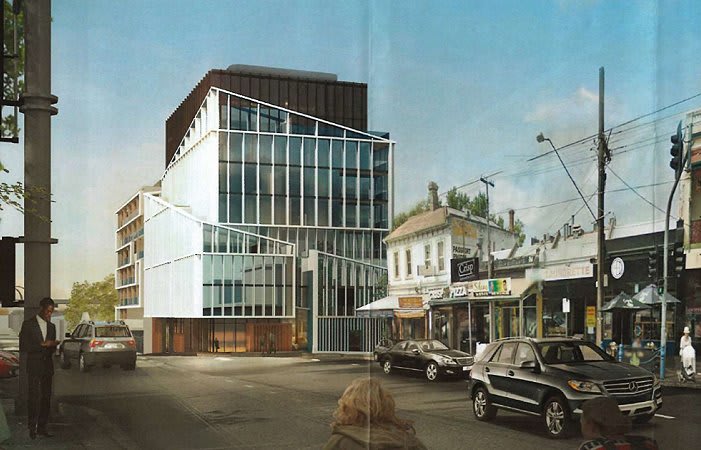Rise of the microbrewery, fall of the pub and the demise of Melbourne's historic built form
It seems many of inner Melbourne's pubs are in trouble. Times have changed, but more specifically the core demographic, entertainment options and the city itself have changed.
Long gone are the days where the corner pub was the staple (and in some cases the only) option of previous generations; Melbourne is now a 24 hour city with a multitude of entertainment options. And so in this respect it should come as no great surprise that many of inner Melbourne's pubs are under pressure in terms of remaining viable businesses.
The list of pubs under threat in recent times has ballooned. Urban.com.au first broke the news that Port Melbourne's London Hotel and South Melbourne's Palmerston Hotel were both subject to apartment-based developments.
In recent times the CBD's Great Western and St Kilda's Greyhound Hotel have been added to the list, whilst the latest endangered venue is Kensington's The Quiet Man - a pub with heritage dating back to the 1880's.
The Quiet Man's planning application would see the structure, which has been augmented at various times over its existence, demolished completely for a 9 level apartment building containing 46 dwellings and ground floor retail.
The why
So why has the pub scene across Melbourne declined to the point where many of this city's well known venues are struggling, or have conceded? In the broader sense, Australians are drinking less alcohol overall than any time in the previous 50 years, as per this ABS media release and this ABC news article.
Whilst top end consumption is lessening, the humble pub is also under attack from the bottom end, aka the microbrewery.
Evolving drinking habits are backed by current planning trends; planning applications for genuine 'pubs' are few and far between, but not so the humble microbrewery.
Melbourne City Council for instance are currently handling at leash three planning applications for new small-scale breweries/bars, namely 38-44 Barrett Street Kensington, 40-48 Stubbs Street Kensington and 22-24 Bennetts Lane Melbourne. The latter replaces a mid-rise apartment proposal for the narrow CBD site.
In this sense people are not necessarily turning away from the enjoyment of alcohol, but increasingly heading down a different avenue - an avenue which shuns 'old school' pubs' or at least pubs which haven't moved with the times.
Whilst the increasing popularity of microbreweries is merely a more recent contributing factor to many a pubs woes, it along with a gradual cultural shift away from the humble pub has led to the rash of closures and development.
The how
So how is it that many of inner Melbourne's grand pub venues can be bowled over for development? Pubs are no more or less important than many of Melbourne's heritage structures that have fallen in recent years, but they represent a very tangible link to Melbourne's past for many people - memories and first-hand experience go a long way. Just ask the masses who fought to save The Palace on Bourke Street.
Emotional attachment aside, Melbourne stands to lose some historic buildings, a loss that is detrimental to this city's urban fabric. The Stork, Duke of Kent, Footscray's Belgravia Hotel and The Corkman Irish Pub fiasco are but a few examples.
The right to development exists, but at what cost? Is it the failure of successive councils to adequately protect of heritage? Undoubtedly some Urban.com.au members would argue yes, and emphatically. So many of Melbourne's historic pubs are disappearing for the sake of development, when in many cases the heritage structure could be incorporated into the development.
When lamenting the loss or likely loss of many of Melbourne's historic pub venues, Prahran's Station Hotel comes to mind. An equitable outcome of both development and heritage...if only it were more commonplace!
